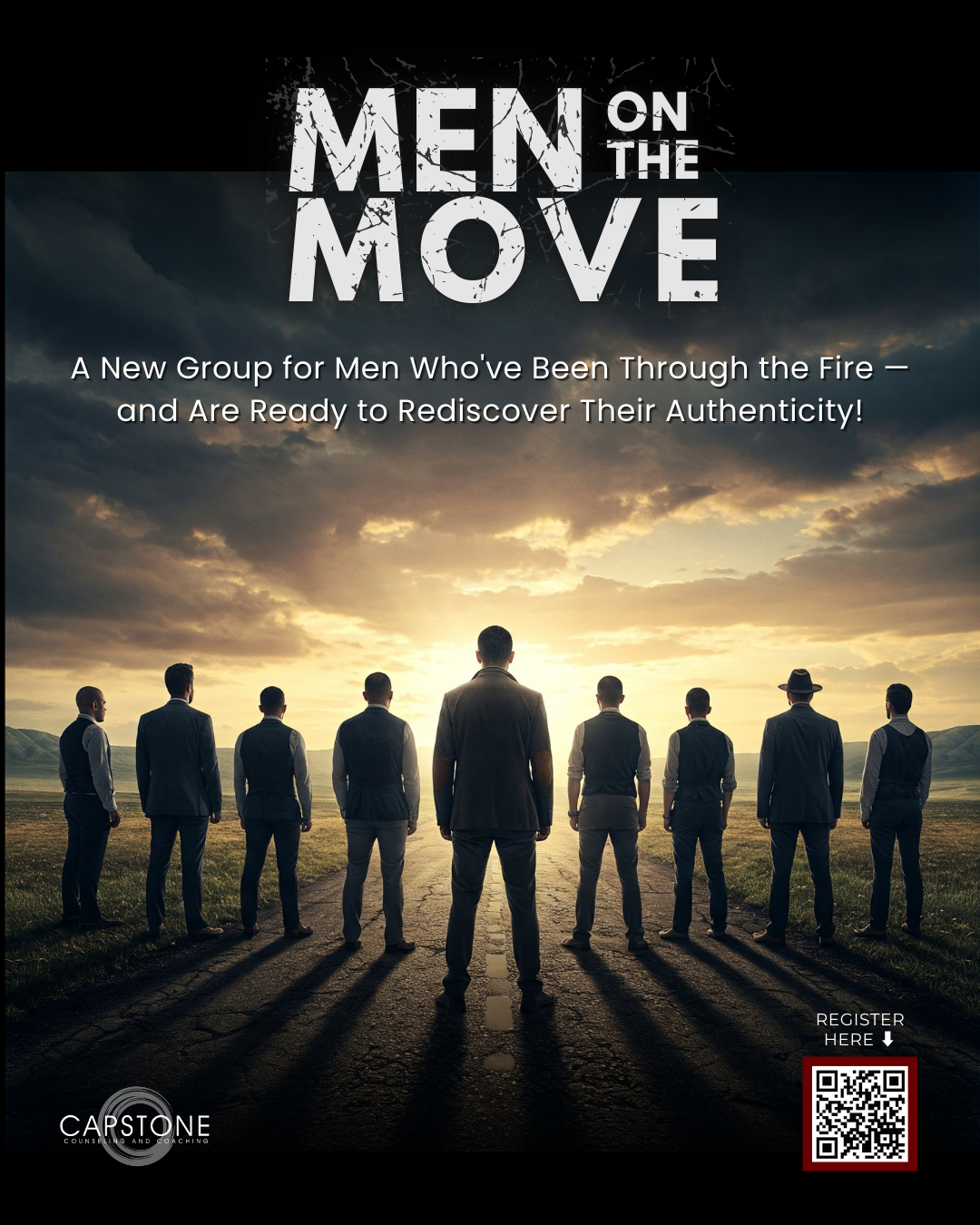Blog

Any experience that overwhelms a child’s ability to cope and leaves them feeling unsafe, helpless, or alone can have a negative lasting impact that may result in development of unhealthy patterns or behaviors. By age six, children are more aware of relationships and social dynamics, but they still lack the emotional tools to process complex or frightening situations.

Let’s say the quiet part out loud: Bullying happens. It happens in schools and churches, on the bus and online, between individuals and in groups…. And here’s a truth that’s even harder to face: Sometimes, your child may be the one getting bullied. And sometimes, your child may be the one doing the bullying. Either way, you hurt.

Let’s get something straight: You’re not broken. You’re not behind. And you’re damn sure not starting from zero! You’ve walked through fire—maybe more than once. The marriage that crumbled. The business that crashed. The gut-punch realization that the success you chased left you empty. Those weren’t failures. They were furnaces. And you didn’t walk out empty-handed. You earned the scars. You gained the wisdom. Now stop living on autopilot—and start building what’s next, with intention.

Capstone Counseling and Coaching is proud to unveil our remote neurofeedback therapy program—bringing this transformative brain training approach directly to your doorstep. Whether you're struggling with anxiety, managing ADHD symptoms, seeking better sleep, or simply optimizing your cognitive performance, neurofeedback offers a pathway to enhanced brain function and improved well-being—all from the comfort and convenience of your own home.

That moment is etched in your memory: your child, frozen with anxiety, unable to join their friends at the birthday party. Or perhaps it was their first day of school or a routine doctor's visit that triggered an unexpected meltdown. As parents, these moments hit us like a physical force – we feel our child's fear in our own bodies, and our instinct screams to protect them at all costs. What if the most powerful way to support your anxious child isn't about changing their behavior at all, but about transforming your own response to their anxiety?






